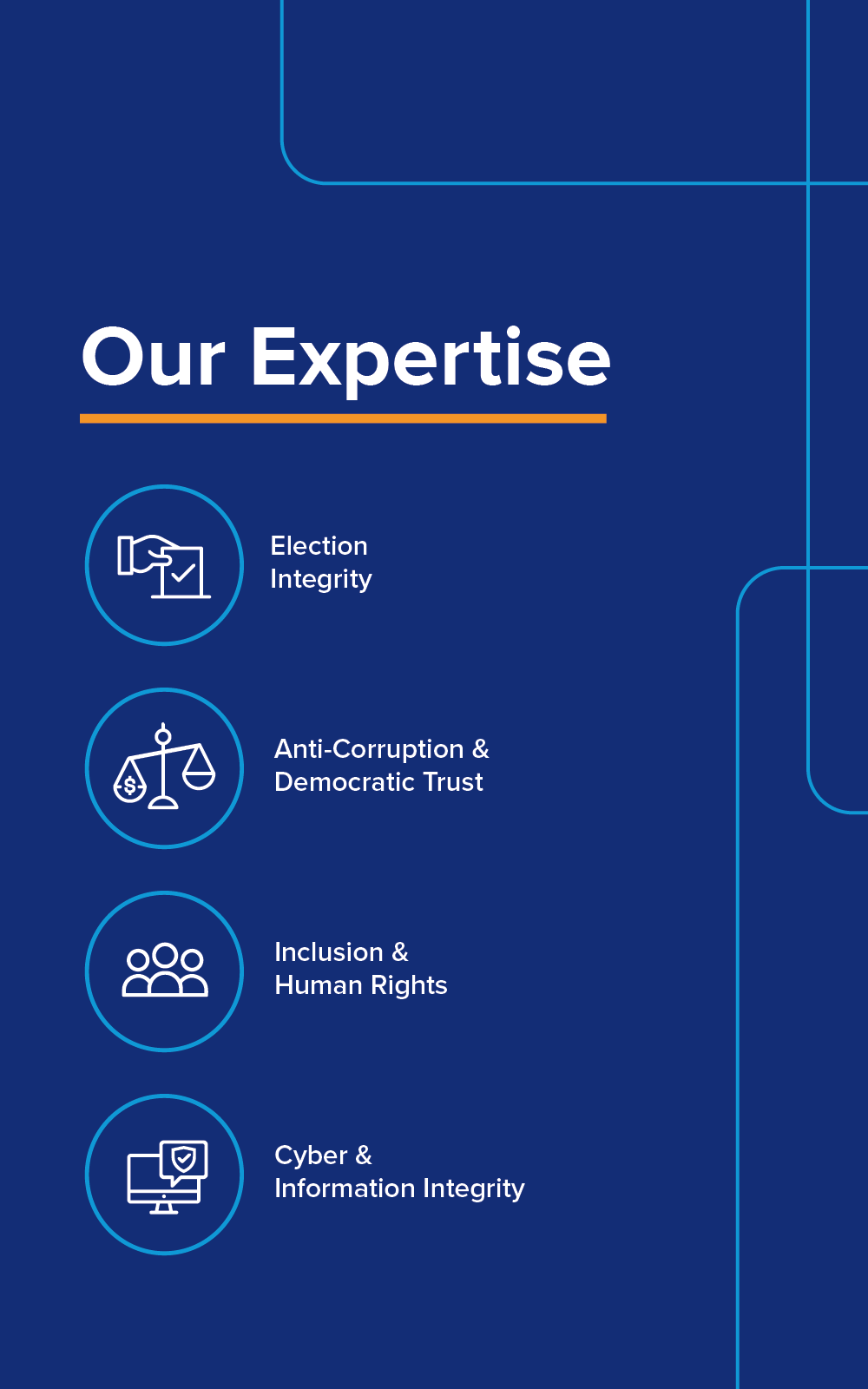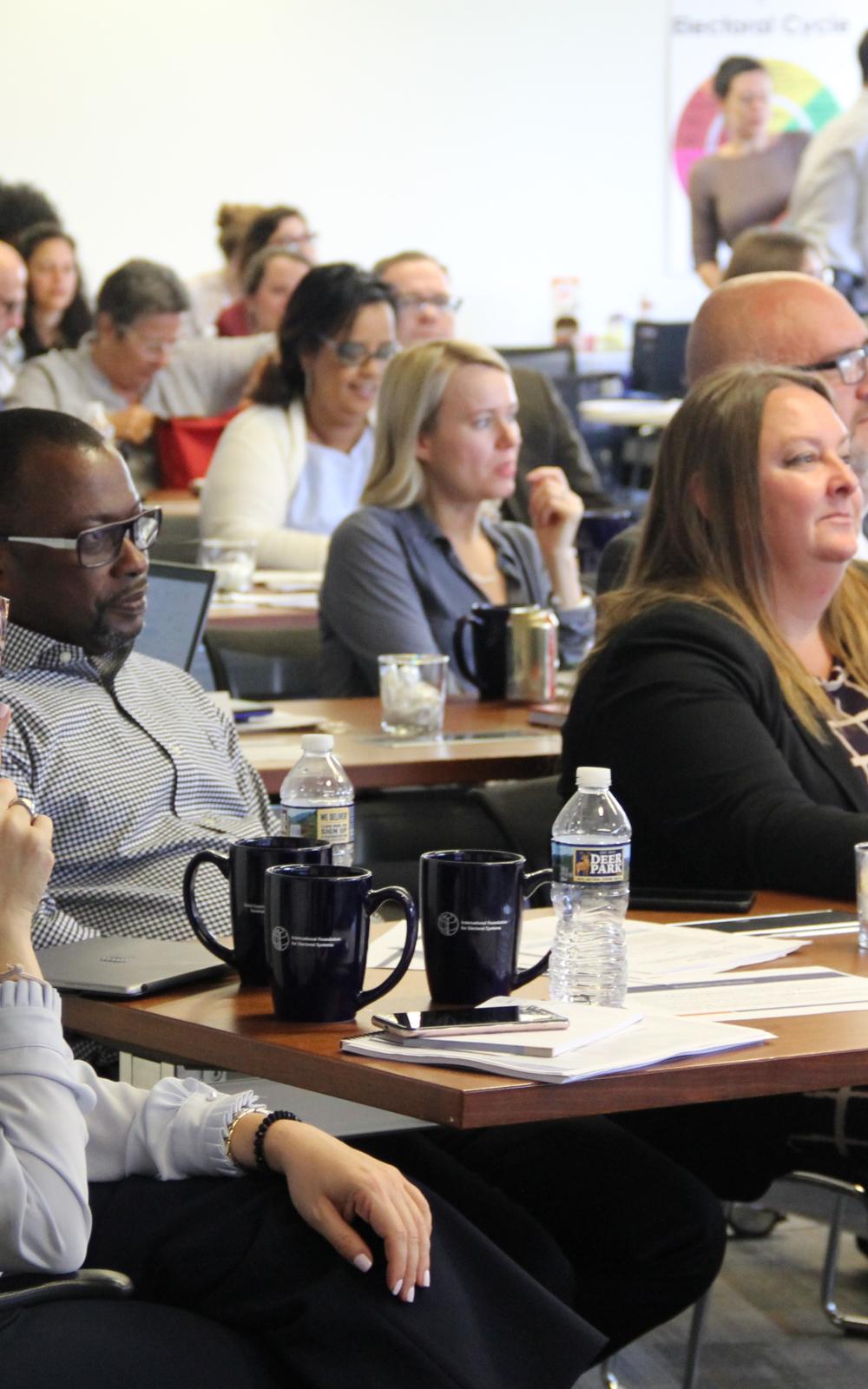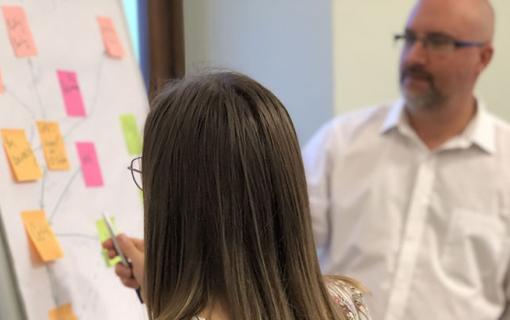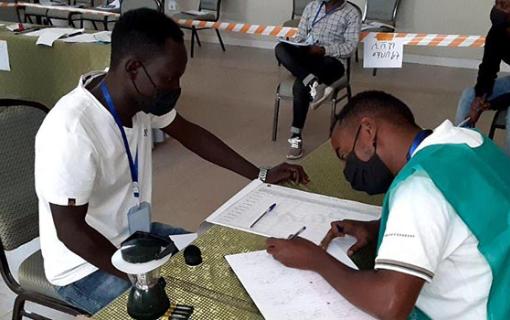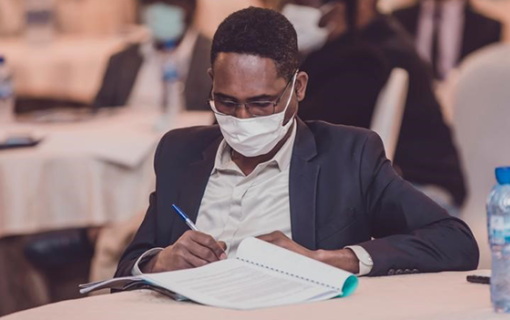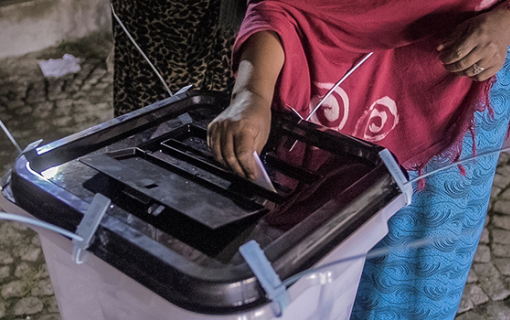Ethiopia
Ethiopia has emerged as a major power in the Horn of Africa. Despite the noteworthy progress and implications for future advancements, Ethiopia faces formidable challenges including the on-going crisis in the Tigray region, long-standing ethnic tensions and concerning threats from climate change. With the support of the United States Agency for International Development (USAID) and as part of the Consortium for Elections and Political Process Strengthening (CEPPS), IFES supports the National Election Board of Ethiopia (NEBE) to operate as a reliable, independent body to hold transparent and credible elections; and the judiciary to effectively adjudicate election complaints. IFES has supported the development of free, fair and credible electoral processes in Ethiopia since 1994. Since 1995, with the introduction of multiparty elections, polling in Ethiopia has been marred by unfulfilled hopes, with a history of political parties facing significant barriers to participating in elections and a protracted and opaque results management process. After coming to power in 2018, the Abiy administration announced a series of sweeping political, electoral and diplomatic reforms, and committed to holding free and fair, multiparty elections. The twice-delayed 2021 general elections represent a critical juncture in Ethiopia’s transformation, as a credible election process with meaningful political competition is pivotal to Ethiopia’s continued democratic progression.
IFES’ support under the Ethiopia Elections and Political Processes Program (EEPPP) (2019-22) focuses on capacity building to electoral institutions, in particular the NEBE, through the provision of technical assistance on the electoral legal and regulatory framework; leadership and skills-building training; expert support in the development of electoral procedures and related training manuals and programs; targeted, data-driven voter outreach strategies; and post-election reviews for the development of long-term strategic and capacity-building plans. IFES is also supporting the Ethiopian judiciary to effectively fill its role in adjudicating electoral complaints.
Our Global Expertise
